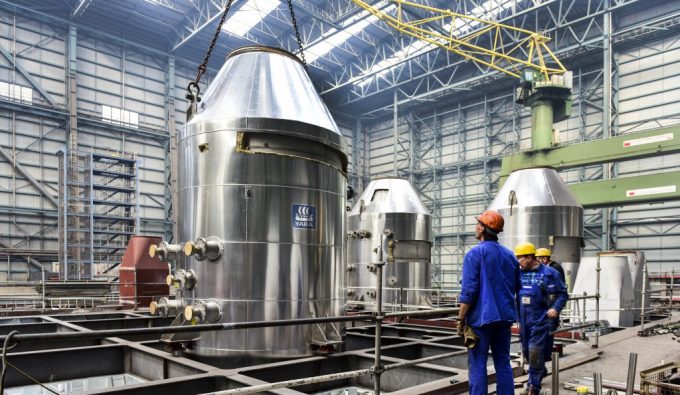
By Mike Wackett
The pro-scrubber Clean Shipping Alliance 2020 has strongly criticised the EC for urging the International Maritime Organization (IMO) to restrict the use of open-loop exhaust gas cleaning systems (scrubbers) in ports around the world.
But vessels fitted with scrubbers are in high demand and at least ...




Comment on this article